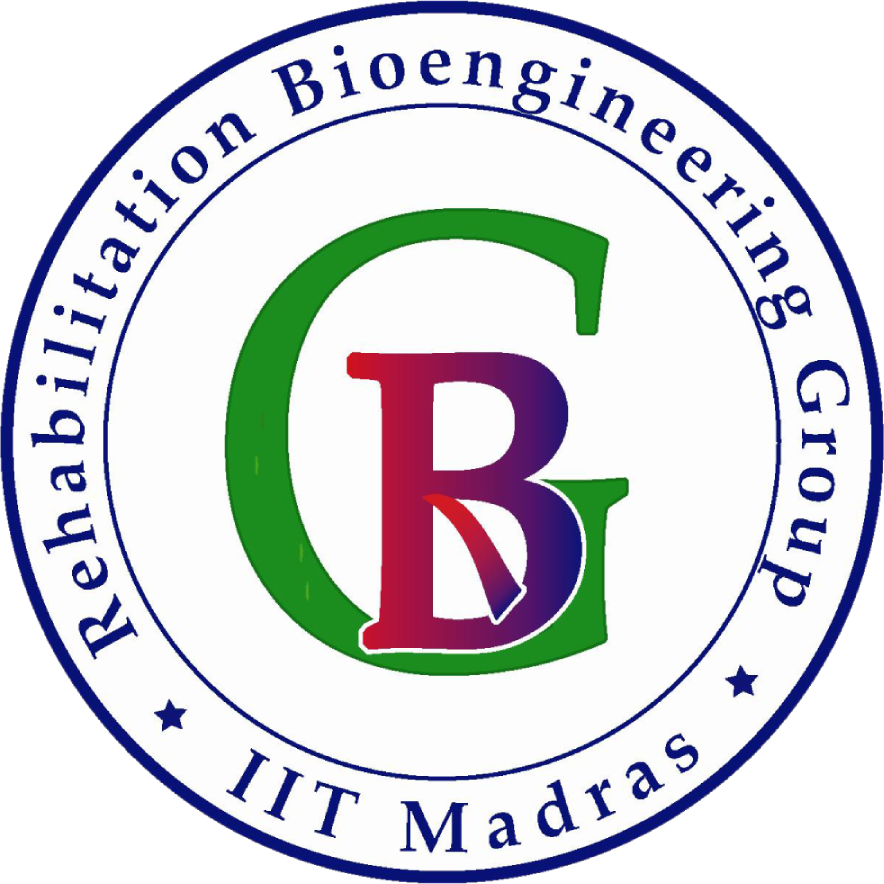Road safety in India requires multisectoral action to mitigate fatalities, demanding comprehensive investigation and analysis of accidents. To decide on the course of such action, understanding the factors influencing the occurrence of road traffic crashes and subsequent injuries and fatalities is a prerequisite. Current practices of investigating a road traffic crash take a legislative approach. Understanding root causes of road traffic accidents, looking at available government records is highly biased due to dictation of legal terminology where most of the crashes are blamed solely on human error. Only a limited number of facts related to the crash are accounted for. Detailed understanding of the crash shall help us in taking data-driven decisions in road engineering, vehicle engineering, enforcement,
and emergency care.
To rectify the bias in the data as well as have a deep understanding and data collections on various causal factors of road traffic accidents CoERS has designed a comprehensive evidence-based root cause analysis matrix (RCAM). Accordingly, a standard operating procedure for scientific crash investigation is being developed by the team of investigators at CoERS, which is suitable to Indian scenarios. Best practices around the world, current practices, available manpower, and resources are taken into account while designing the process. The project aims to develop an
advanced database of scientifically investigated cases. Insights developed from the collected data shall be used to modify the design standards and improve enforcement activities and emergency care effectiveness.

RCAM is also a process that adopts data-driven systems approach to evaluate and identify the root cause of road traffic crashes. The process is designed to not only view the crash from a microscopic view by identifying the causal factor for the crash occurrence but also from a macroscopic view by identifying the root cause factor of a crash from an institutional failure perspective. This will enable each stakeholder department to monitor 3M&E framework method and analyse their activity based on each phase of the crash, identify their contribution to a failure and improve overall institutional performance. The findings of the process will be presented in form of a detailed crash investigation report for future reference.
Among the foremost initiatives to evolve the RCAM method, filed visits to conduct investigation based on the new principles we engaged with by investigators from the CoERS. Among these visits, the rejuvenated, tech-aided methodology for Road Safety Audits were also included as pilot field studies, by the CoERS.
